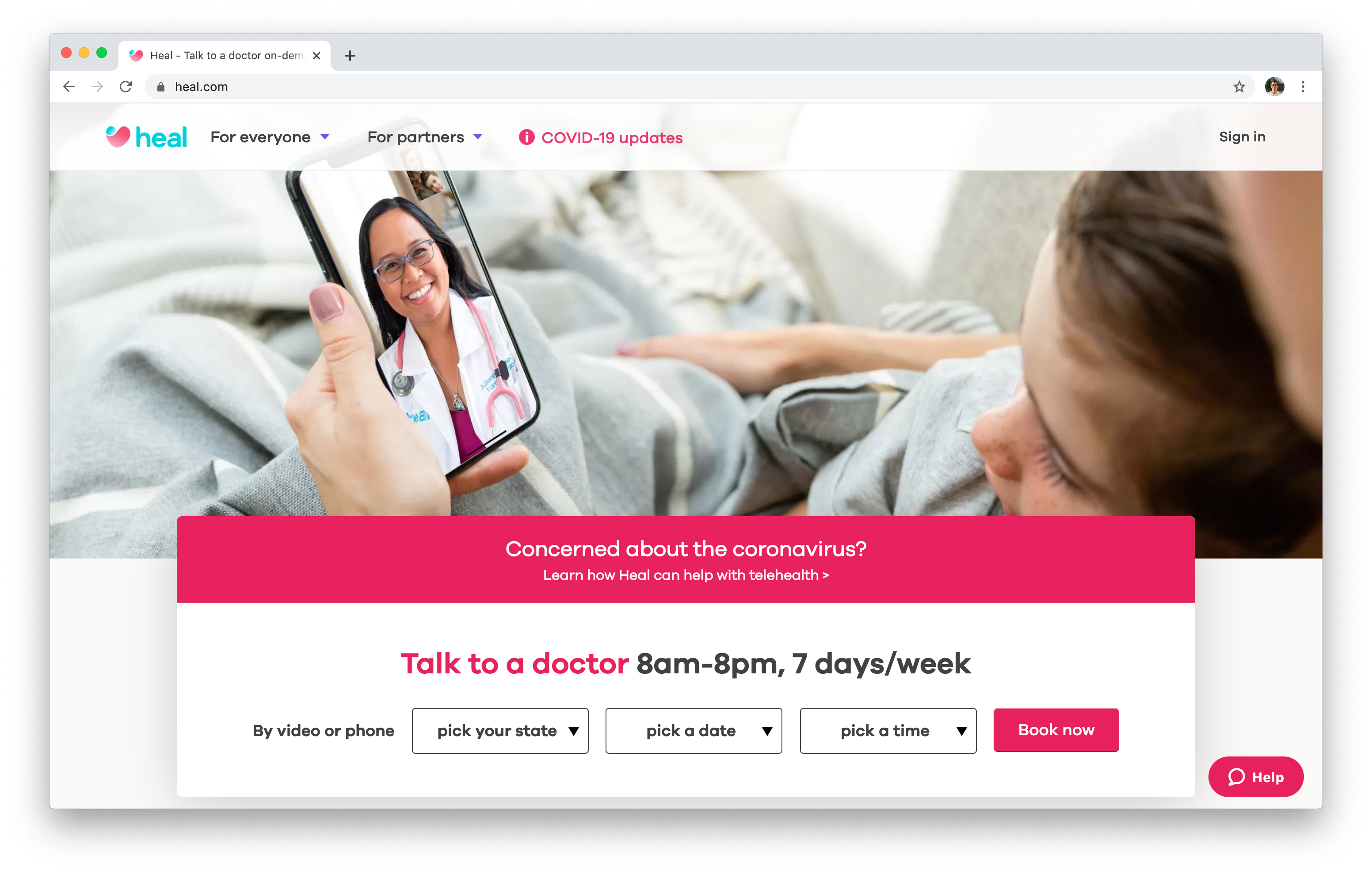The Impact of Subscription Based Healthcare on Standard Medical Practices
The Impact of Subscription Based Healthcare on Standard Medical Practices
Blog Article
The Increase of Subscription-Based Healthcare and Its Influence On Patient Care
As medical care evolves, the subscription-based version is obtaining grip, guaranteeing to reinvent patient treatment by providing predictability and accessibility. These designs, which bypass traditional insurance, might redefine the patient-doctor dynamic, stressing personalized and preventive treatment. As with any type of technology, they offer obstacles, specifically worrying fair gain access to for all socioeconomic teams. The possibility for these models to improve healthcare delivery elevates pressing inquiries about their long-lasting sustainability and inclusivity. Are these registration services the future of healthcare, or do they risk leaving prone populaces behind? The complexities of this change warrant a more detailed exam.
Recognizing Registration Medical Care Models
Realizing the concept of registration health care designs includes taking a look at a transformative approach to medical solutions that emphasizes cost and availability. These designs, commonly referred to as straight main care (DPC) or concierge medicine, have become ingenious alternatives to typical fee-for-service healthcare systems. Membership medical care enables people to pay a fixed monthly or yearly cost for a defined collection of clinical solutions, which may include limitless office visits, routine exams, and fundamental lab examinations, without the need for traditional insurance coverage billing.
The structure of subscription medical care models is made to enhance person care by removing third-party payers and complex invoicing codes, thereby reducing administrative concerns. Doctor can focus much more on client care, cultivating more powerful patient-provider partnerships. This model likewise promotes preventative care by encouraging routine sees, as the monetary challenge of per-visit costs is removed.
The membership version usually empowers healthcare suppliers to manage smaller sized individual panels, permitting even more individualized care. It straightens financial incentives with patient health and wellness end results, as suppliers are encouraged to keep individual satisfaction and health. Overall, comprehending subscription healthcare models calls for acknowledging their potential to improve how treatment is supplied and accessed.
Benefits for Service Providers and clients

For providers, subscription-based models provide the chance to grow patient-provider relationships. With a steady profits stream, healthcare experts can devote more time to every patient, leading to a much more tailored and comprehensive treatment experience. This version also minimizes reliance above client quantities, alleviating fatigue and boosting job satisfaction. Additionally, the focus on preventative care within membership strategies can cause better client results and minimized long-lasting health care expenses. By concentrating on continual treatment, providers can deal with issues before they escalate, ultimately profiting the health care system all at once by minimizing the burden on emergency and severe care solutions.
Issues and obstacles
While subscription-based medical care models present many advantages, they likewise come with a collection of difficulties and problems that need to be dealt with. This elevates moral questions about equitable accessibility to health care services.
Financial sustainability of subscription-based designs is another issue. Companies have to stabilize the fixed earnings from memberships with the variable prices of health care solutions, which might vary because of unanticipated medical demands. This can create pressure to restrict services or increase costs, potentially influencing individual satisfaction and care high quality.
Furthermore, governing oversight of subscription-based health care versions is still advancing. Dealing with these difficulties is critical for the effective and equitable implementation of subscription-based medical care.
Influence on Patient-Doctor Relationships
One substantial impact of subscription-based health care designs on patient-doctor connections is the capacity for boosted connection and customized care. By adopting a registration design, doctors can manage a smaller person panel, enabling even more dedicated click over here now time with each person. This increased availability cultivates a much deeper understanding of an individual's case history, way of living, and choices, enabling much more tailored treatment strategies and interventions.

However, it is crucial to identify that while subscription-based versions might profit those that can manage them, they might accidentally expand health care differences. Individuals that are incapable to participate in these designs may experience reduced accessibility to personalized care, potentially affecting their partnerships with healthcare suppliers. Hence, while the registration model supplies promising advantages for patient-doctor partnerships, it additionally positions challenges that require to be resolved to ensure equitable healthcare accessibility.
Future of Health Care Gain Access To

The role of innovation can not be neglected in this makeover. Telemedicine platforms and electronic health and wellness records assist in smooth communication between individuals and medical care companies, breaking down geographical and logistical barriers. Furthermore, improvements in artificial intelligence and data analytics can further individualize treatment by anticipating individual needs and maximizing treatment plans.
Nonetheless, the future of medical care accessibility also provides obstacles, such as guaranteeing equity across various socio-economic groups. Policymakers and doctor must team up to connect the electronic divide, making certain that subscription-based versions stay cost effective and inclusive. As these systems grow, they hold the promise of making healthcare a lot more obtainable, effective, and patient-centric.
Final Thought
Subscription-based health care models are improving patient care by giving a steady price structure and improving accessibility. The increase of subscription-based medical care urges aggressive individual involvement, which has the possible to boost individual end results and fulfillment, indicating a transformative shift in health care shipment.
As health care develops, the subscription-based model is acquiring traction, promising to transform client treatment by providing predictability and availability.Subscription-based health care models provide distinct advantages for both carriers and people, improving the general medical care experience.As medical care systems advance, the future great site of health care access often hinges on the integration of cutting-edge designs and modern technologies.Subscription-based health care models are improving person treatment by supplying a stable price structure and improving accessibility. The surge of subscription-based healthcare urges aggressive client involvement, which has the prospective to boost individual outcomes and fulfillment, signaling a transformative shift in medical care delivery.
Report this page